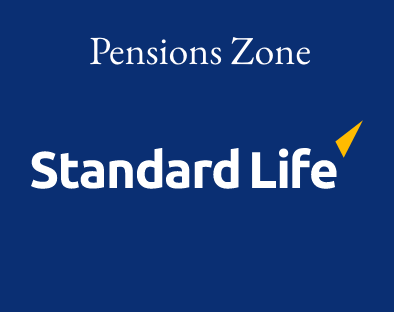As the Chancellor prepares to announce his Autumn Budget, Aegon has urged the Government to avoid radical pension reforms and instead focus on ‘targeted interventions’.
Amid speculation that the Chancellor may look to introduce a flat rate of pensions tax relief, Aegon pensions director Steven Cameron warned it would be “highly challenging” to implement.
Steven Cameron, pensions director at Aegon, said: “With so many pension priorities and changes being advanced, the Autumn Budget is not the time for a radical reform of pensions tax relief. A move to a flat rate of pensions tax relief would be far from simple to implement. It would be particularly challenging for defined benefit schemes and could mean medium to high earners including doctors in public sector schemes face big bills.
“There are no quick wins here for the Chancellor, change would be very complex and any savings for the Exchequer from less tax relief would take significant time to realise.”
Instead, Aegon has called upon the Government to make changes to the Money Purchase Annual Allowance and reconsider the proposals around the Normal Minimum Pension Age (NMPA) increase.
Cameron said: “As individuals seek to rebuild their retirement savings post pandemic, perhaps after a period out of work, many might need the flexibility to pay in larger sums. But the Money Purchase Annual Allowance means anyone over 55 who has accessed their pension flexibly, perhaps to support them during lockdown, has a limit of £4,000 a year on what they and their employer can pay into a defined contribution pension.
“Many will be caught unawares and we’d welcome this being increased to at least £10,000 to give individuals more freedom to get their retirement planning back on track.”
Aegon has also called on the Government to rethink proposals around how to implement an increase in the Normal Minimum Pension Age to 57 from April 2028, warning that the current proposed transitional arrangements “risk decades of complexity” for pension schemes and their members.
Cameron said: “The Treasury has been seeking to ‘protect’ a small minority of individuals who are in schemes whose rules by sheer accident of history give an ‘unqualified right’ to take benefits at age 55. While well meaning, these protections would create horrendous complexity and multiple unintended consequences for little real benefit. The pensions industry is united in calling for a radical rethink to keep things simpler and fairer across the board, while helping pension savers understand their entitlements so they can plan for their future.”
Aegon said more must also be done to increase pension saving among the self-employed. While auto-enrolment has been effective in boosting the retirement savings of employees, those individuals who are self-employed risk falling behind. With auto-enrolment reaching its tenth anniversary, Aegon says finding solutions to encourage default retirement savings for the self-employed would be a “huge step” in levelling up pensions for this part of the workforce.
Social care funding
Following the unveiling of the Government’s long-awaited social care funding plan last month, Aegon believes the Government should do more to engage with the financial services sector on the subject.
The new deal includes a cap of £86,000 on how much an individual will need to pay for care costs and an increase in National Insurance to help fund the Government’s share of costs.
Cameron said: “The care cost cap, albeit with extra costs for ‘residential’ room and board, gives individuals greater certainty to plan ahead for possible care costs while protecting inheritance aspirations.
“We hope the Budget announces a consultation on how the financial services industry might help people plan ahead, with care insurance a possible approach although costs might be high. Some people might prefer to build up savings in a ‘care cost jam jar’, possibly within their pension, so they have the funds available if they need them.
“It’s increasingly common for people to keep their pension pot invested into retirement, drawing a regular income, and they could keep their jam jar savings ringfenced here too. We expect many people will want to seek financial advice so they know they’re doing the right thing in this new area.”
Aegon also said it hoped the Government would avoid further income tax or national insurance hikes in the October Budget, following its decision to freeze tax free allowances until April 2026 resulting in people paying more tax as their earnings increase.





























